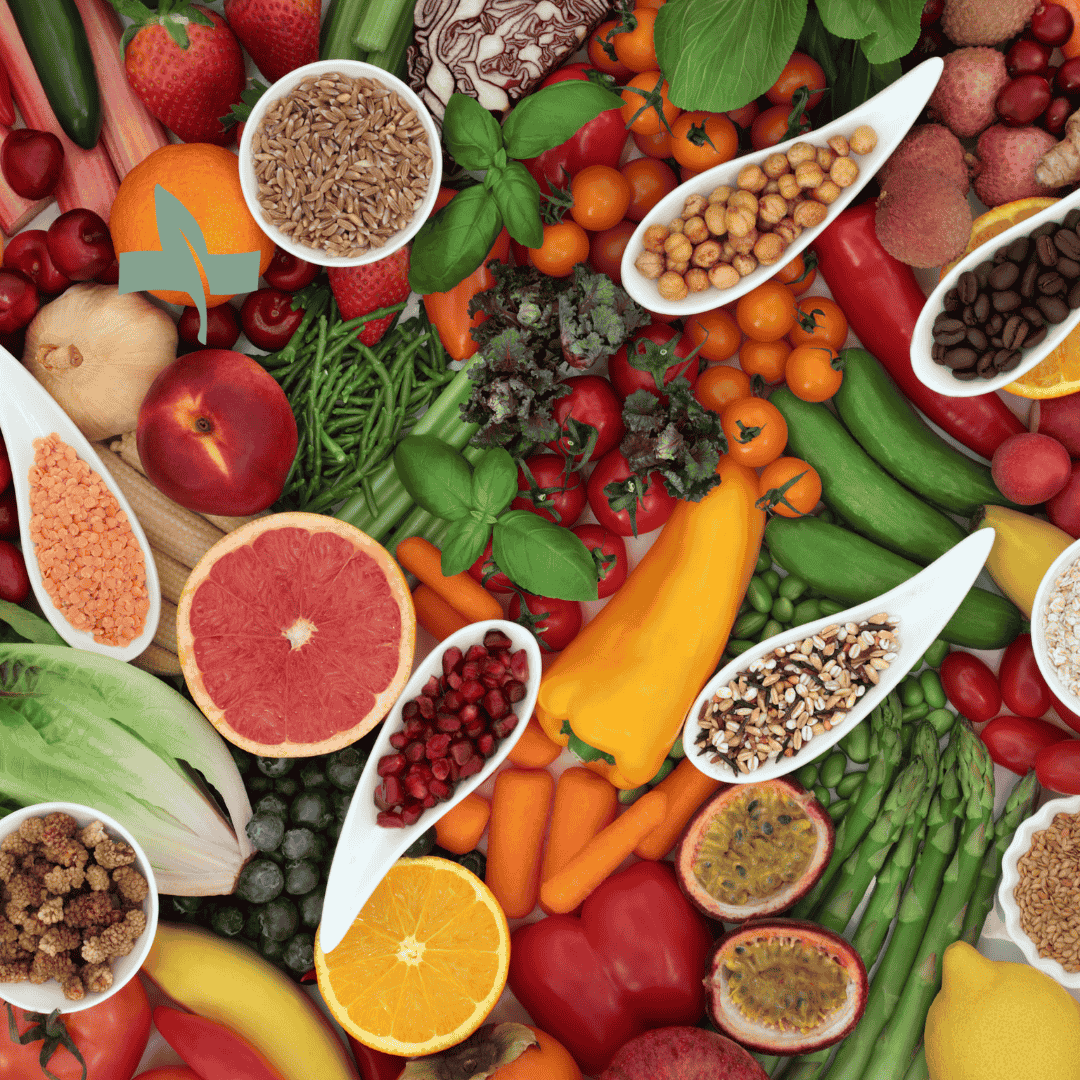7 Best Foods to Support Vaginal Health Naturally
Vaginal health is closely linked to overall wellness—and your diet plays a bigger role than you might think. Nutrients from certain foods can help maintain a healthy vaginal pH, reduce the risk of infections, and support natural lubrication. While hygiene and safe practices remain essential, incorporating vaginal-health-supportive foods into your routine can provide lasting benefits. In this post, we explore seven science-backed foods that promote optimal vaginal function and comfort.
1.Yogurt with Live Cultures
Yogurt that contains live active cultures, particularly Lactobacillus, supports a healthy vaginal microbiome. These beneficial bacteria help maintain the vagina’s natural acidity, preventing the overgrowth of harmful microbes that can lead to bacterial vaginosis (BV) and yeast infections. Studies suggest that consuming probiotic-rich yogurt may restore microbial balance and reduce recurrence of vaginal infections.
Tip: Choose plain, unsweetened yogurt to avoid excess sugar, which can promote yeast overgrowth.
2. Cranberries and 100% Cranberry Juice
Cranberries contain proanthocyanidins—natural plant compounds that may help prevent bacteria like E. coli from adhering to the urinary tract lining, reducing the risk of urinary tract infections (UTIs). While cranberries don't directly affect vaginal tissues, preventing UTIs is essential for overall vaginal and urinary health. Research supports the use of unsweetened cranberry juice as a preventive measure, especially for individuals prone to recurrent infections.
Tip: Choose 100% pure cranberry juice with no added sugars for maximum benefit.
3. Leafy Greens (Spinach, Kale, Swiss Chard)
Dark leafy greens are rich in folate, magnesium, and antioxidants—nutrients that support hormonal balance and circulation, both of which are vital for vaginal health. Magnesium in particular plays a role in muscle relaxation, which may ease menstrual discomfort and support healthy blood flow to the pelvic area. Folate is essential for reproductive health, especially for those planning to conceive.
Tip: Incorporate greens into smoothies, salads, or lightly sautéed dishes to preserve their nutrients.
4. Fatty Fish (Salmon, Sardines, Mackerel)
Fatty fish are excellent sources of omega-3 fatty acids, which may help reduce inflammation and support healthy vaginal tissues. Omega-3s also contribute to natural lubrication and may help alleviate vaginal dryness, particularly in menopausal individuals. Additionally, fatty fish are rich in vitamin D—a nutrient linked to maintaining healthy vaginal pH and microbial balance.
Tip: Aim for two servings of fatty fish per week, or consider omega-3 supplements if dietary intake is low.
5. Sweet Potatoes
Sweet potatoes are rich in beta-carotene, a precursor to vitamin A, which supports the health of mucous membranes—including vaginal and cervical tissues. Vitamin A also plays a key role in immune function, which helps protect against vaginal infections. Their complex carbohydrates and fiber content may also support healthy blood sugar levels, indirectly reducing the risk of bacterial imbalances in the vaginal microbiome.
Tip: Bake or roast sweet potatoes with olive oil to enhance vitamin A absorption.
6. Apples
Apples contain phloridzin, a natural plant compound that may positively affect sexual function and vaginal lubrication. A small study found that daily apple consumption was associated with higher levels of sexual satisfaction and lubrication in women. Apples are also high in antioxidants and fiber, both of which support hormonal balance and gut health—factors closely tied to vaginal wellness.
Tip: Enjoy apples with nut butter or add slices to salads and oatmeal for added nutrients and texture.
7. Pumpkin Seeds
Pumpkin seeds are a rich source of zinc, magnesium, and plant-based omega-3s—nutrients that support hormone production, immune defense, and tissue repair. Zinc, in particular, has been linked to maintaining a healthy vaginal lining and reducing the risk of infections by supporting immune response. Magnesium also contributes to muscle relaxation and may ease menstrual cramping.
Tip: Sprinkle pumpkin seeds on salads, yogurt, or blend into smoothies for a nutrient-dense boost.
Conclusion
Vaginal health is deeply connected to what we eat. Incorporating foods rich in probiotics, antioxidants, essential fatty acids, and vitamins can help maintain optimal pH levels, reduce infection risk, and support natural lubrication. Alongside good hygiene, regular checkups, and safe practices, a nutrient-dense diet can be a powerful way to care for your body. If you experience persistent vaginal symptoms, speak with a healthcare provider to determine the best course of care for your individual needs.
References
Shalev, E., Battino, S., Weiner, E., Colodner, R., & Keness, Y. (1996). Ingestion of yogurt containing Lactobacillus acidophilus compared with pasteurized yogurt as prophylaxis for recurrent candidal vaginitis and bacterial vaginosis. Archives of family medicine, 5(10), 593–596. https://doi.org/10.1001/archfami.5.10.593
Maki, K. C., Kaspar, K. L., Khoo, C., Derrig, L. H., Schild, A. L., & Gupta, K. (2016). Consumption of a cranberry juice beverage lowered the number of clinical urinary tract infection episodes in women with a recent history of urinary tract infection. The American journal of clinical nutrition, 103(6), 1434–1442. https://doi.org/10.3945/ajcn.116.130542
Harak, S. S., Shelke, S. P., Mali, D. R., & Thakkar, A. A. (2025). Navigating nutrition through the decades: Tailoring dietary strategies to women's life stages. Nutrition (Burbank, Los Angeles County, Calif.), 135, 112736. Advance online publication. https://doi.org/10.1016/j.nut.2025.112736





